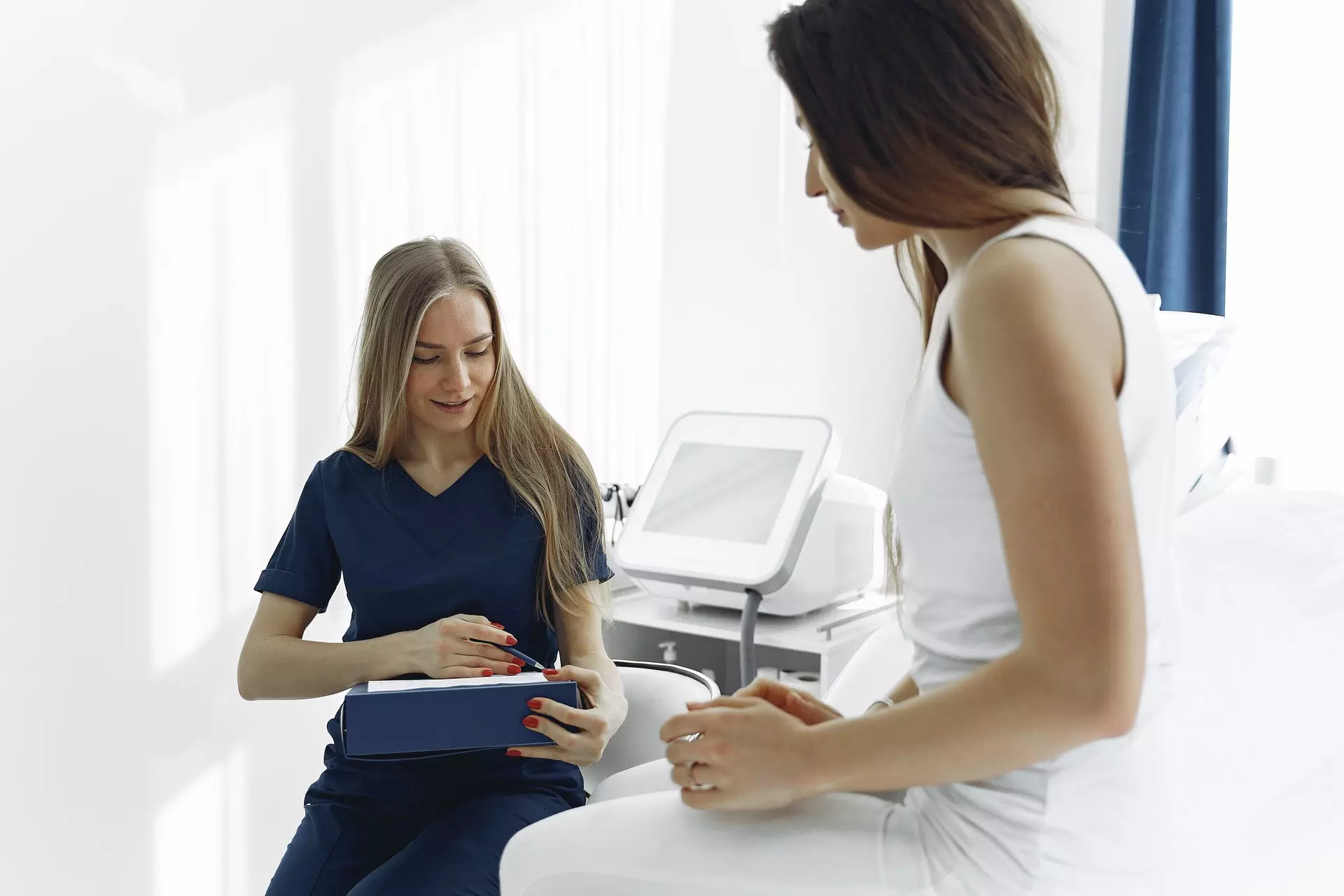Entrusting yourself to the care of an orthopedic specialist can be quite challenging, primarily if you have just been diagnosed with a severe illness or a surgical procedure is in sight. Of course, one can start considering whether there is better treatment or whether the diagnosis was made correctly. This is where the second opinion is of so much help when arriving at the best health treatment, but how do you relay such information to your physician without stressing the relationship between you two?
The good news is a second opinion orthopedic doctor understands and respects the desire for a second opinion; it’s all in how you approach the conversation.
Preparing for the Conversation
There’s no need to feel awkward about approaching your doctor for a second opinion. It’s all about preparation:
- Do Your Homework: Before any second opinion discussion, enlighten yourself about your condition. Appreciating your diagnosis, possible treatments, and the basis of your doctor’s recommendations will help you to state your concerns in detail. This shows you are up-to-date on your healthcare and active towards the prescribed therapy.
- Pick the Right Time: Timing is everything. The best time would not be to bring up second opinion questions during a crowded clinic, with people energetically waiting to have their turn with the doctor, or at the end of a harried appointment. Quite the opposite, specifically plan to discuss, and in detail, the schedule of your treatment plan and what time it will be. Then, both of you can have an open, unrushed conversation.
- Acknowledge Your Doctor’s Expertise: Make sure to inform your doctor that you want to consult with another doctor, not because you are dissatisfied with them. You might say, “I appreciate your opinion; however, I would like to weigh all my options before deciding.”
Handling Your Doctor’s Response
Most doctors will be supportive if you’re going to look for a second opinion, but the following tips will help you prepare anyhow:
- Positive Response: Most physicians will not take offense and will likely offer to recommend a colleague or specialist for you to see for a second opinion. They realize that a second opinion brings peace of mind and gives you more confidence in the treatment.
- Noncommittal Response: Some doctors might not try to discuss and agree without convincing you. This is still a good outcome, showing respect for your choice.
Coordinating the Second Opinion
Once you’ve discussed your decision with your doctor, the first important step is to collaborate on the second opinion:
- Request Your Medical Records: It helps to make copies of the records that include test results, X-ray films, doctor notes, and other relevant information to be forwarded to the next doctor conveniently.
- Patients’ interaction between the ‘attending’ and ‘consulting’ physicians can be encouraged to keep all the officers engaged in trying to comprehend an ailment.
You have every right to ask for a second opinion in orthopedics. It is just wise to be that proactive about what is going on with your health. Be clear with your doctor about your intentions of going elsewhere for a second opinion and that you want them to support your decision entirely.




